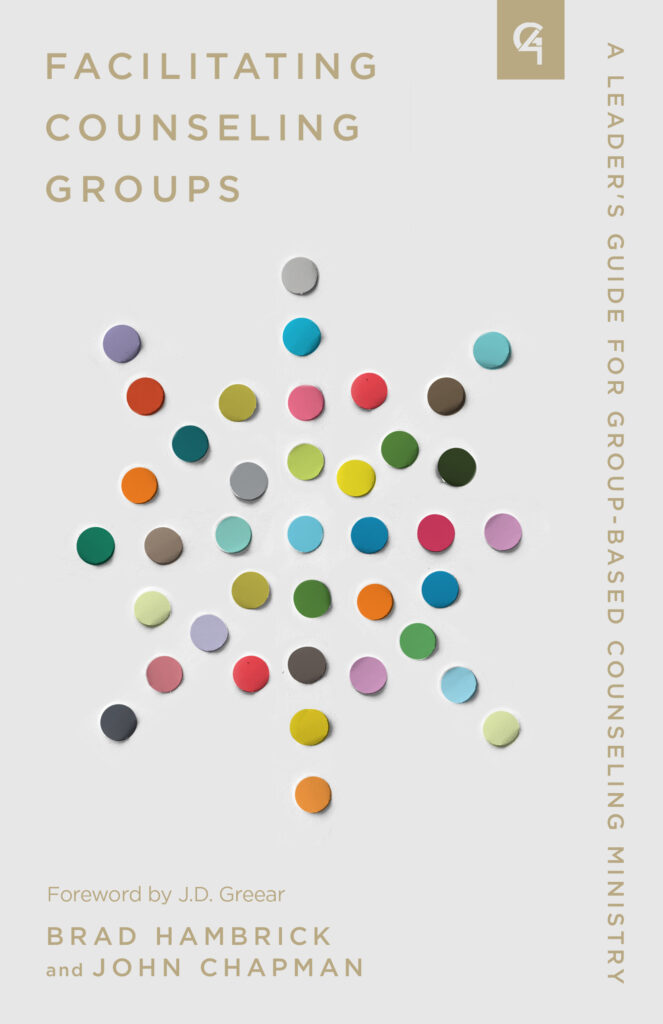Being able to share a difficult personal story can be an incredibly freeing experience. The question is: What setting is best—one-on-one with a professional counselor or with a group of peers experiencing a comparable struggle?
Sharing a personal story in a counseling setting is seldom easy. In fact, the act of sharing can feel anywhere from uncomfortable to unbearable. When presented with the option of either sharing with a professional counselor or with a group of peers with a comparable struggle, many people opt for the professional over the group. While this is not a wrong choice, the group offers some benefits that are worth considering. Here’s a short list:
1. You are not alone
Group counseling that is topical in nature gives the immediate sense that you are not alone, simply because there is a group named for your struggle. In a situation that can feel overwhelming and isolating, group counseling allows you to hear from others who have a story similar to yours. Initially, you may feel that your struggle is unique, completely different from anything others have experienced; however, as you hear more stories you will recognize common themes. This may be the first time you have heard others express struggles or emotions that feel familiar. Understanding that your struggle does not have to be isolating, provides invaluable encouragement if you have long felt like an outsider.
2. Mutual support
Group members can lean on one another when experiencing hardship. During the course of a group counseling experience, you will take turns being the person in need of care as well as the person who will offer support and encouragement. When groups are healthy, everyone will take co-ownership of the group. Everyone understands that they can simply sit with others during a difficult time to encourage one another. Each session is not simply about your growth but about the growth of all individuals in the group.
3. Practicing social and communication skills
Participating in group counseling allows you to slowly engage with people in new ways. These safe spaces allow you to practice articulating difficult emotions so that you can learn to be honest with yourself and others. The ability to share your emotions aloud can help begin the process of reengaging with friends and family. Having a space that feels judgment free helps you to better understand and process important emotions that may come up as you attempt to engage family members and friends in similar conversations. The ability to share difficult things first in a safe environment allows you to potentially anticipate where you may get stuck when communicating with others outside of the group.
4. Mutual growth and accountability
Accountability among peers in a group helps you to move forward. It is invaluable to have a group of people who can help hold one another accountable to the goals they have each set for themselves. Having the ability to push one another to achieve their goals makes a tremendous difference for those who need an extra push to remain focused on their growth. Throughout the course of group counseling, you should be able to help each other take the next steps forward as you walk through your struggle together.
5. Lessons from peers
A wealth of information can be learned from individuals who are currently walking through the same struggle as yourself. Each group member will process situations differently, so having multiple perspectives in the group allows everyone to hear things from a different perspective. These differing viewpoints can help teach and reshape how you approach difficulties that will come up in the future, allowing you to avoid or persevere through emotionally difficult situations.
While this list is certainly not exhaustive, it does provide a framework for understanding the significant and unique benefits of group counseling. This understanding is of crucial importance in determining whether individual or group counseling is the best fit for you.
Facilitating Counseling Groups
Leading a counseling group is different from leading a general discipleship group, even if both exist at the same church. A counseling group focuses on a specific need, garners heightened levels of vulnerability about matters of greater sensitivity, and requires more skill and intentionality from its leader. When a layperson is well-equipped, this kind of ministry is tremendously rewarding, as they see God multiply the work he did in their life with people walking a similar journey.






